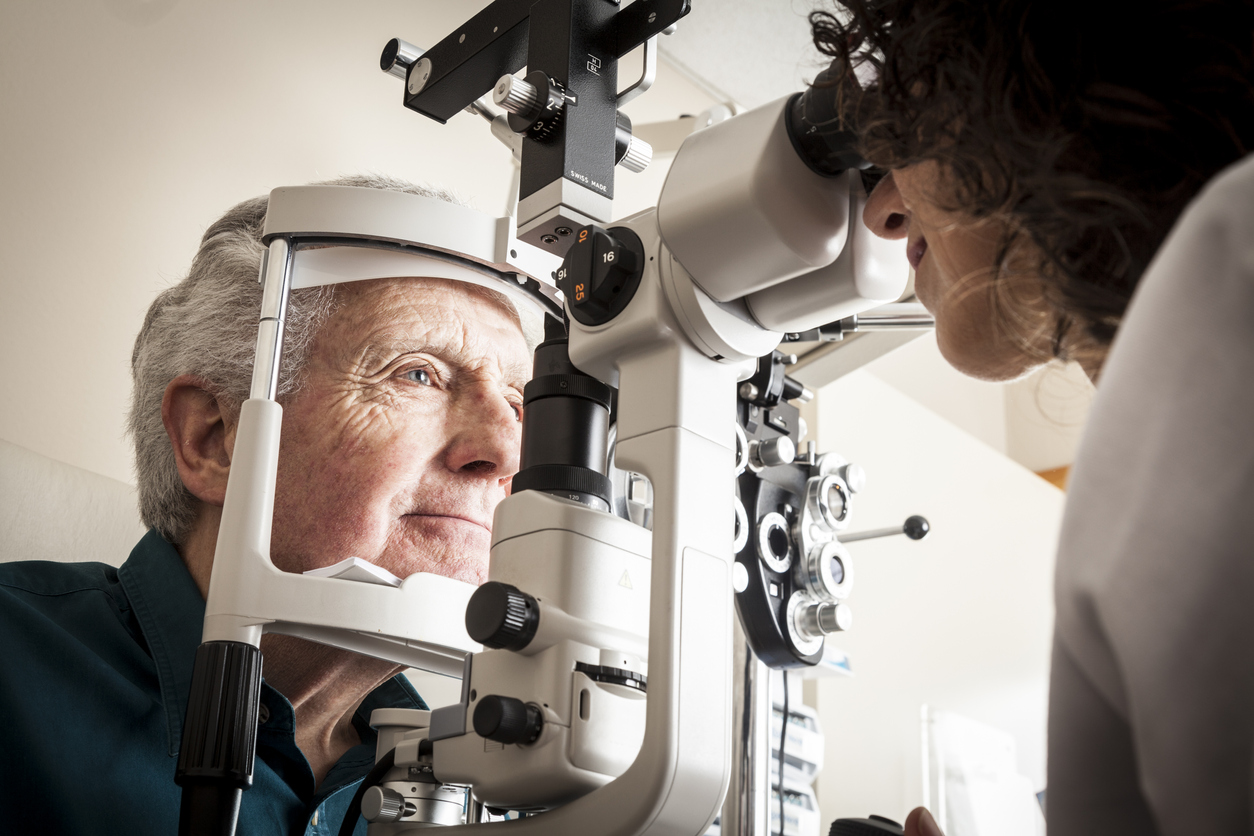Tag: Macular Degeneration
- Jun 27th, 2024
Understanding AREDS Vitamins: Benefits for Age-Related Macular Degeneration
There is no current medical-based treatment for dry macular degeneration in the early stage, however, a supplement blend known as AREDS2 may slow the progression of AMD in some individuals.
![VRC default image]() Feb 16th, 2024
Feb 16th, 2024Understanding AMD: Types, Awareness, and Early Intervention
![AMD Podcast image]()
![AMD Podcast image]() Feb 15th, 2024
Feb 15th, 2024AMD Macular Degeneration Low Vision Awareness Month
February is Low Vision Awareness Month, dedicated to shedding light on vision-related challenges. In this article, we focus on age-related macular degeneration (AMD).
![Blog hero image]()
![Blog hero image]() Aug 31st, 2023
Aug 31st, 2023Managing Dry AMD: Tips for Enhancing Vision and Slowing Progression
Did you know that there is a wide range of things that you can do to preserve your vision and potentially slow the progression of dry age-related macular degeneration (AMD)?
![Blog hero image]()
![Blog hero image]() Jun 29th, 2023
Jun 29th, 2023Exploring the Link Between Smoking and AMD: Facts and Risks
Not only do smokers have a higher likelihood of AMD development, but the more you smoke, the higher your risks.
![Blog hero image]()
![Blog hero image]() Aug 31st, 2022
Aug 31st, 2022How Common Are Degenerative Retinal Conditions?
When it comes to the retina, many conditions can cause degeneration of the retinal tissues, resulting in symptoms such as loss of vision, blurriness, distorted vision, an increase in flashes and/or floaters, difficulty completing everyday tasks like reading or driving, and even pain.
![Blog hero image]() May 31st, 2022
May 31st, 2022What Happens to the Retina as We Age?
Many simply assume that worsening vision quality and aging go hand-in-hand and that there’s not much that can be done. However, this is not exactly accurate as there is more to the story of how aging can impact our eyes.
![Blog hero image]()
![Blog hero image]() Feb 25th, 2022
Feb 25th, 2022February Is National Age-Related Macular Degeneration Month
Although many patients experience less severe forms of age-related macular degeneration (AMD), the condition can sometimes lead to permanent vision loss, especially if not caught early on.
![Blog hero image]()
![Blog hero image]() Apr 15th, 2021
Apr 15th, 2021Age-Related Macular Degeneration and the Importance of Early Diagnosis
The leading cause of blindness in older adults over the age of 50 is a condition known as age-related macular degeneration (AMD). It’s estimated that up to 15 million people in North America currently have some form of the condition. AMD occurs when the central portion of the retina, known as the macula, begins to deteriorate. Because the macula controls our central vision, changes to the macula can cause problems with our ability to see in fine details, read, drive, and more.










